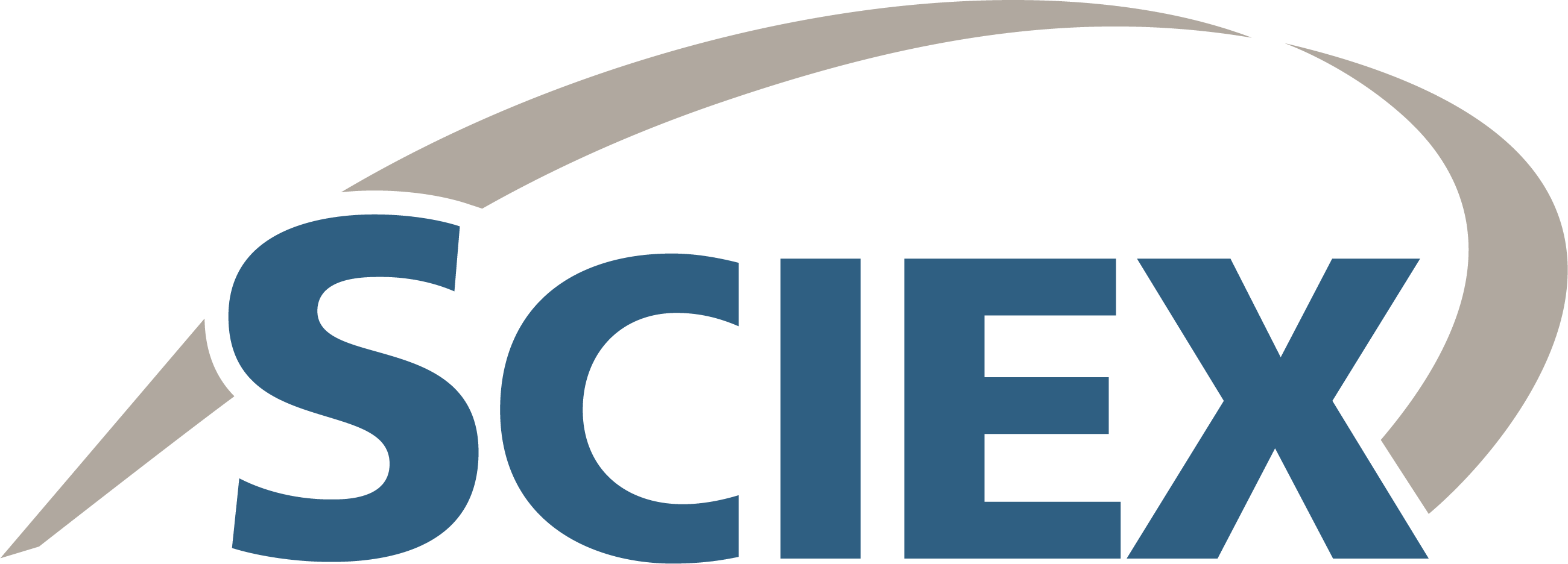Read Time: 2 minutes
Bringing a new drug to market is a costly and complex process. With potentially hundreds of thousands of new compounds to screen during drug discovery, sample throughput is a common bottleneck for pharmaceutical companies. So how do you overcome this barrier?
The challenges
Let’s dig a little deeper into some of the related organizational challenges. On average, the development time for a new drug is 10–15 years, and Deloitte recently reported that the average cost of approving a new pharmaceutical for clinical use rose to $2.3 billion in 20221. Since approximately 90% of new drug candidates fail during development, the ability to make early, informed and accurate decisions about the safety and efficacy of new leads is key to saving time, reducing costs and maximizing success.
The solution
The Echo® MS system, which can provide accurate mass spectrometry data in seconds, can help ease these challenges. Based on Acoustic Ejection Mass Spectrometry (AEMS), this system removes the need for chromatographic separation, which increases analytical speed without compromising data quality.
This free infographic explores the concepts of AEMS-based workflows, and the benefits of using this approach for efficient and rapid lead optimization of drug candidates. For example:
- Analysis is up to 50x faster than traditional LC-MS
- Nanoliter sample consumption allows repeated analysis of the same sample
- Acoustic ejection eliminates chromatography-related issues and minimizes sample carryover
- A common compound database enables you to work globally
- Easy integration into existing workflows simplifies implementation
Curious to know more?
Learn more by exploring the following content, where data from the instrument is used to demonstrate what the system offers.
Rapid MS/MS analysis with Acoustic Ejection Mass Spectrometry (AEMS)
The Echo® MS system from SCIEX breaks through bottlenecks in quantitative mass spectrometry throughput. This technical note describes a rapid, chromatography-free approach to MS/MS analysis and showcases the potential of AEMS to dramatically change the field of high-throughput analysis.
High-throughput metabolite quantification for synthetic biology
This technical note shares a quantitative approach for the screening of 90 yeast strains to monitor over 60 metabolites. This workflow demonstrates the ability of the Echo® MS system to rapidly screen a biological matrix for key metabolites of interest with significantly reduced analysis times.
References
- Pharma R&D return on investment falls in post-pandemic market. Deloitte, January 9, 2023. https://www2.deloitte.com/uk/en/pages/press-releases/articles/pharma-r-d-return-on-investment-falls-in-post-pandemic-market.html
Echo® and Echo® MS are trademarks or registered trademarks of Labcyte, Inc. in the United States and other countries, and are being used under license.






 Contact Support
Contact Support
0 Comments